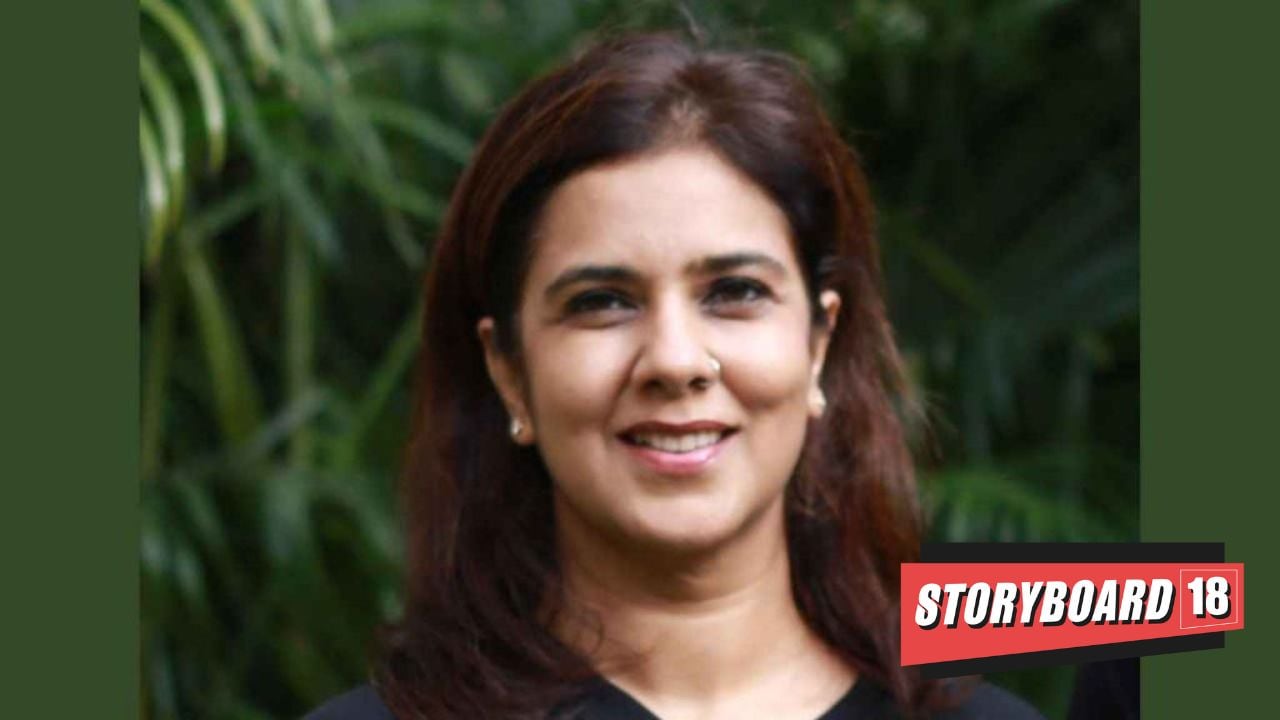The stunt involving actress and model Poonam Pandey faking her death on account of cervical cancer has set off a debate in advertising circles and the general public on its propriety and impact. The actress has found few supporters, with a majority of Netizens and the general public slamming her campaign as `cheap publicity’.
It all started with the Interim Budget 2024 presentation on February 1, when Finance Minister Nirmala Sitharaman announced that the government would focus on encouraging cervical cancer vaccination for girls in the age group of 9-14 years.
On February 2, Poonam Pandey’s social media took to Instagram to announce that Pandey had succumbed to the ill-effects of cervical cancer. To everyone’s amazement and shock, Pandey later released a video sharing that she was hale and hearty and this all was a campaign in order to raise awareness around cervical cancer.
Barring exceptions like film director and screenwriter Ram Gopal Varma, Pandey’s stunt met with widespread criticism.
As the backlash continued, few days ago, creative, media, technology-driven digital agency Schbang put out a post on their Instagram handle revealing that ‘they were involved in the initiative for Poonam Pandey to spread awareness about cervical cancer in collaboration with Hauterfly’.
The post also went on to add that the fake death stunt made ‘Cervical Cancer’ the most searched term on Google, which also went on to grab 1000+ headlines.
On February 7, US drug giant Merck’s Indian affiliate, MSD, terminated its association with Schbang. What is noteworthy is that the agency had previously collaborated with Merck through MSD to promote their HPV vaccine. And, speculations were rife that the whole Poonam Pandey fake deaths stunt was a part of a larger marketing plan to promote the company’s Gardasil HPV vaccine.
Manisha Kapoor, chief executive officer and secretary-general, Advertising Standards Council of India (ASCI) stated, “When audiences feel deceived or disregarded, the agency not only jeopardises its relationship with existing and potential clients, but also forever gets associated with a negative reputation. In today’s day and age, reputation is truly vulnerable and difficult to build. Short-term deceptive tactics only come back to haunt those involved in it for a long time to come.”
Edited excerpts
News has been doing the rounds that Poonam Pandey’s fake death stunt is connected with a pharma company MSD, that it was done in order to sell their Gardasil HPV vaccine. What are your views on the campaign connection with MSD and Schbang?
The controversy around Poonam Pandey’s staged death by the agency Schbang employed deceptive tactics to create awareness, albeit for a key health issue. The defence that the end justifies the means is a dangerous one, as that opens the doors for all kinds of deception and harmful practices, all in the name of doing good.
This incident signals a broader issue within the communications industry, where sensationalism often overshadows sensitivity and truthfulness. In the long term, this is detrimental not only to consumers, but also the industry itself.
How detrimental are such fake death tactics to the reputation of the agency and industry?
We are seeing a significant push back and criticism from within the industry for the influencer and the agencies associated with this campaign. Can organisations trust their reputations with such partners is a question that emerges.
When audiences feel deceived or disregarded, the agency not only jeopardises its relationship with existing and potential clients, but also forever gets associated with a negative reputation. In today’s day and age, reputation is truly vulnerable and difficult to build. Short-term deceptive tactics only come back to haunt those involved in it for a long time to come.
Read More: Poonam Pandey is not going to be brand ambassador of Govt’s cervical cancer awareness campaign
Are digital firms going too far through such campaigns?
It is an exciting time for brands and digital campaigns with so many avenues for creative expressions. However, there appears to be a genuine shortage of creative minds for all the content that is sought to be commissioned. Sensationalist and deceptive campaigns appear like short cuts that fill the gap.
This is where ASCI guidelines play a crucial role, balancing the need for creativity with the imperative for authenticity and transparency with the audience. I truly wish all the organisations and people involved spend time to get familiar with the area of ethics in advertising and communication so as not to cross these lines again.
Read More: Schbang, agency behind Poonam-Pandey fake death stunt, dropped by pharma client MSD
Would legacy agency firms muster courage to come up with such a campaign? How different would their approach be compared to digital marketing firms?
There is a difference between courage and foolhardiness. There are several examples of legacy firms and even smaller firms, who have done very courageous campaigns. Taking up social issues, trying to break stereotypes, all need a lot of conviction when they are first done.
In doing so, they have dealt with issues boldly, but truthfully. I would like to believe that ethics, truthfulness and courage are cultural values that rest even within new age digital firms. Even while agencies push boundaries, because that is what creativity is about, there is a need for a moral compass that drives decision making and creative strategy.
Legacy firms may have more experience and may have seen how consumer trust and brands play out in the long term, and that possibly makes them more aware of how some short-term tactics can eventually destroy brands in the long run.
Read More: Schbang apologises for Poonam Pandey fake-death stunt
